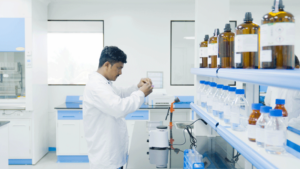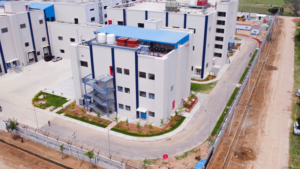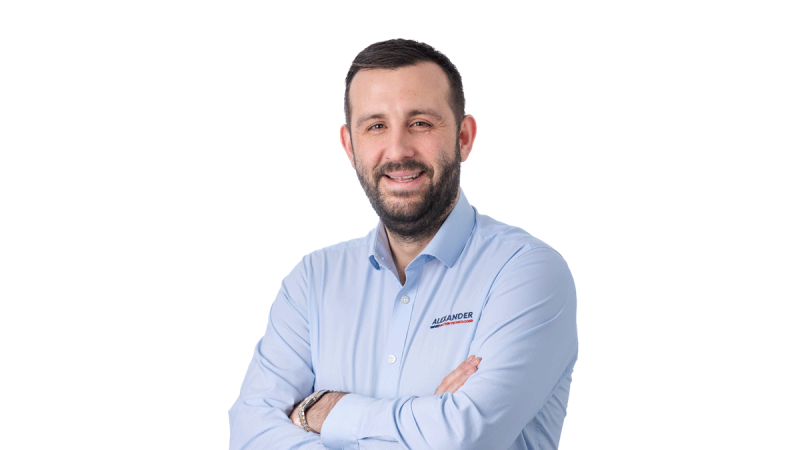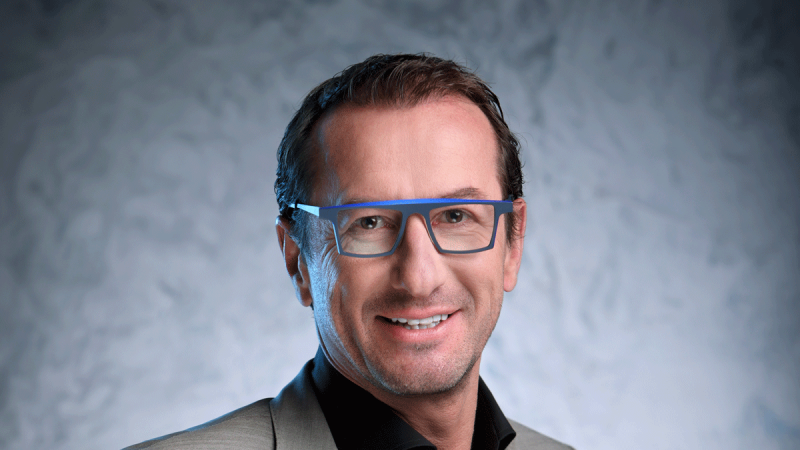With the launch of this new facility, Plasmagen is on a mission to improve the accessibility of blood plasma-derived products to patients in India and emerging countries. “We realize that there is a huge gap between the availability of plasma and speciality care products and the immense need for its therapies in India and other developing economies. We are therefore pursuing a vision of ushering in these niche therapy segments in India and gradually in other geographies,” said Plasmagen’s Managing Director Vinod Nahar.
The new manufacturing plant for plasma-derived protein therapeutic, located in Kolar, Bangalore, has been envisioned as a state-of-the-art facility that will cater to regional demand. Spread across 8 acres, it consists of multiple connected, yet independently operable blocks that support various operations of the manufacturing process. The facility will serve to significantly improve the supply-demand mix for blood plasma-derived products at affordable prices.
The plant has an initial capacity to process 5,000,000 litres of plasma annually using a process technology that has been developed in-house over traditionally available technologies, re-sulting in higher yields of very high-quality products. The facility will produce multiple plasma products like albumin, immunoglobulins and coagulation factors. Additional capacity has been incorporated into the design, allowing Plasmagen to expand its product portfolio in the future.

Progressive growth
Plasmagen was established in 2010 with just 8 members. This swelled to a robust team of over 90 in 2019 when significant funding was secured to support its strategic role for the region with a production capability.
Vinod Nahar explains that the facility will first serve the Indian market. “Until now, India has been buying the products, critical for various diseases, from global third-party manufacturers. The aim of our new facility is to give better access to these critical products first in India, and later on in other emerging countries of the region.”
He explains that in India, with its 1.32 billion people, access to healthcare is challenging, as its affordability varies greatly. The country collects about 12 million units of blood units every year and this is going to grow to around 18 million units in the next few years, allowing the current fractionators to increase their production capacities, with increasing availability of excess plasma. The government of India has framed policies to ensure increased blood collection over the next few years, hence encouraging increased access to life-saving blood products.
In terms of the self-sufficiency ratio, India stands at 35-40% where consumption rates for two important plasma proteins – Albumin and IVIG – far surpass the rates of production, thereby making local plasma production not just a scientific necessity but also an indispensable socio-economic obligation.
The opening of the new plant has also made India venture into the global market for plasma products, today worth $30 billion. While India’s share currently represents only some $300 million, this will change considerably in the coming decades, says Mr Nahar, noting that the country is expected to follow the same growth trajectory as China, which today exceeds India 14 times – an outcome achieved over just a few decades. “We will see very high growth, high demand, and more awareness in this area. “
“Around 90 countries import blood plasma products today and are dependent on imported sources. Especially in an emerging market, affordability is a challenge. India, which can provide excellent quality with a low-cost base, will be very relevant to these markets worth around $5 billion. Needless to say, India itself will benefit greatly from its own production. Hence the next decade is expected to be a great time for us, not only from a domestic perspective but from the perspective of catering to almost 90 countries which desperately need these critical products,” says Mr Nahar.
He adds that with the new facility, Plasmagen can cater to some of the most stringently regulated markets, but the company is not planning to compete in the US or Europe. “Our focus is on those countries where demand exceeds supply and where the high prices demanded by the top global suppliers are an issue. That’s where we have positioned ourselves in terms of the geographical territories.”
 Serving the region
Serving the region
Plasmagen’s state-of-art facility was built on a hybrid technology platform, the most acceptable and the best technology in terms of the high quantum of production capacity, enabling the company to process high-volume batches. “The technology currently being implemented at Plasmagen’s plant promises higher than conventional yields of top products delivered with impeccable safety profiles.”
The design itself allows capacity to be increased by 50% and Mr Nahar affirms that the site has enough room for further expansion, looking to double capacity after two years of initial operation. “Once we reach a particular scale, we would want to expand it further,” he says, noting that all environmental aspects have been incorporated in the design to make the plant a zero-liquid discharge facility. No elements will be emitted into the environment.
He further reflects that Plasmagen can capitalise on the availability of talent and skilled human resources, an advantage few companies in Europe and the US can enjoy. “India has some excellent capabilities. We are located in Bangalore, where biotechnologies are very well established. We have a strong, highly experienced R&D team, who developed our product in-house, and a sound technical skills base. We also have very strong leadership across the board. It is our people to whom the recent progress and success of the company can be attributed.”
As the only pure-play plasma producer in India, Plasmagen’s prospects are highly promising. “From the financial perspective, we expect to increase revenues five-fold within the next few years, an ambitious but – we believe – realistic target.”
Looking ahead, the company will strengthen its team, creating employment opportunities for more than 500 people and becoming the leading fully integrated pure-play plasma products company in the country, serving not only India but the whole region.






